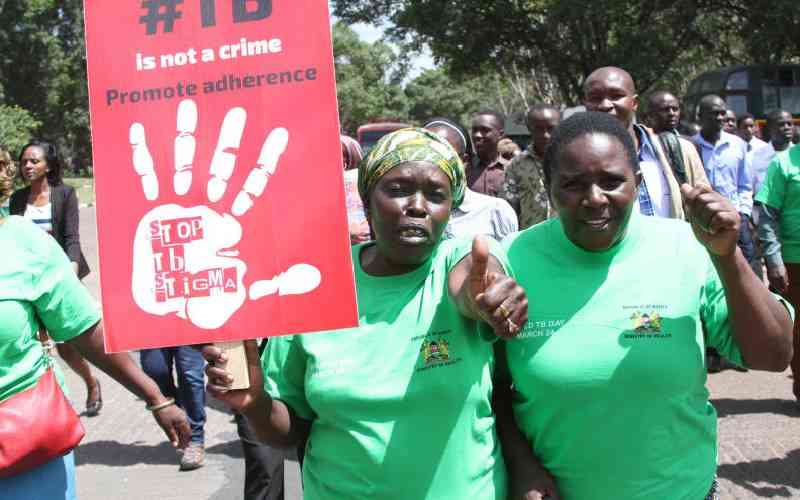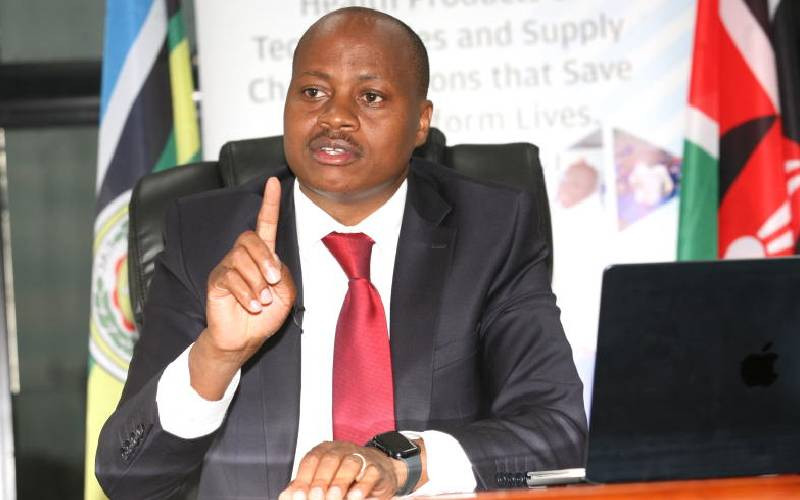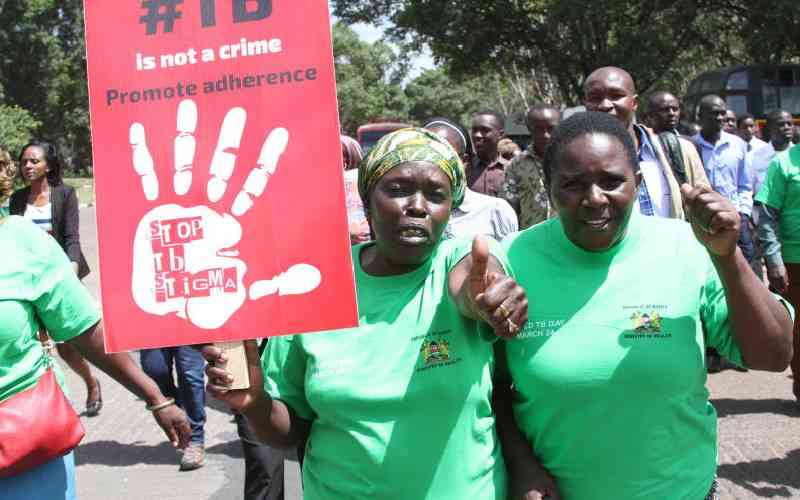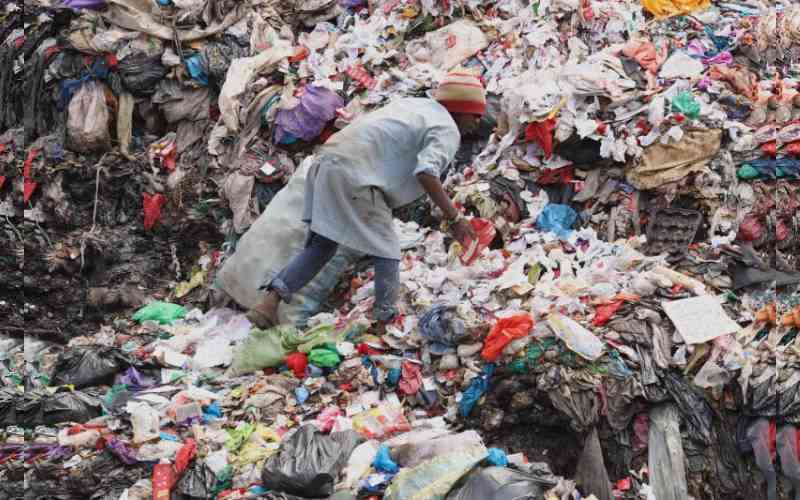
With the increased number of cancer survivors, experts have raised concerns about the growing number of infertility attributed to cancer treatment (oncofertility).
Dr Gladwell Kiarie, a medical oncologist and a physician, said oncofertility is an area of concern because the majority of cancer patients in Kenya are in their reproductive age.
Previously, she said more emphasis was put on the survival of patients, but doctors are currently observing a trend of younger patients being diagnosed early, treated and cured, patients who need to have their fertility addressed.
Triggers of infertility in cancer patients, according to Dr Kiarie, include the site of the cancer. For example, if cancer is found to be in the ovaries or uterus, there is a high possibility of infertility occurring because these are organs that contribute to reproduction.
The modalities of treatment can also cause infertility, namely surgery, use of chemotherapy, radiotherapy, and targeted therapies.
Additionally, fertility is affected in some of the approaches to cancer treatment, for example in prepubertal children (boys and girls who are not yet fertile) who get certain malignancies (presence of cancerous cells). In such cases, part of the treatment involves surgery as in the case of oophorectomy (removal of the ovaries) or hysterectomy (removal of the uterus).
In some instances, treatments done using chemotherapy also affect reproductive organs even if not surgically touched.
"Some of the interventions, and some of the types of cancer may affect future fertility, of young patients who are not yet fertile," says the medical oncologist adding that a number of the targeted drugs administered to men are likely to affect a woman, through sex.
- Survivor opens safe house for minors undergoing cancer treatment
- AstraZeneca launches care programme in latest war against cancer
- Better reporting in health centres aids cervical cancer data access
- Despite being treatable and preventable, cervical cancer still a nightmare for women
Keep Reading
Additionally, Dr George Moses Ogweno, a fertility and IVF specialist, and the director of Esis Health Services (EHS-Fertility and Endoscopy) in Nairobi said radiation and surgery in cancer treatment also cause infertility.
"Fertility is a concern among cancer patients. The majority undergo successful treatment but end up not being able to conceive because of the kind of treatment they are put on," said Ogweno.
Further, she said many treatments have hazardous effects on developing fetuses and embryos. In some instances, if a pregnant woman is put on treatment, she may lose the pregnancy, and if she carries it to full term, the effects of treatment on the unborn baby are not known. Other cancer treatment complications like learning disabilities may be noticed when the baby is much older.
It is, however, not all gloomy for cancer patients in their reproductive age, with the adoption of modern fertility preservation technology. Among the interventions are harvesting and preserving the oocytes (embryos) and the sperms. Tissue and ovarian preservation is also advisable. In men, testicular tissue preservation can be done.
 The Standard Group Plc is a multi-media organization with investments in media platforms spanning newspaper print
operations, television, radio broadcasting, digital and online services. The Standard Group is recognized as a
leading multi-media house in Kenya with a key influence in matters of national and international interest.
The Standard Group Plc is a multi-media organization with investments in media platforms spanning newspaper print
operations, television, radio broadcasting, digital and online services. The Standard Group is recognized as a
leading multi-media house in Kenya with a key influence in matters of national and international interest.











